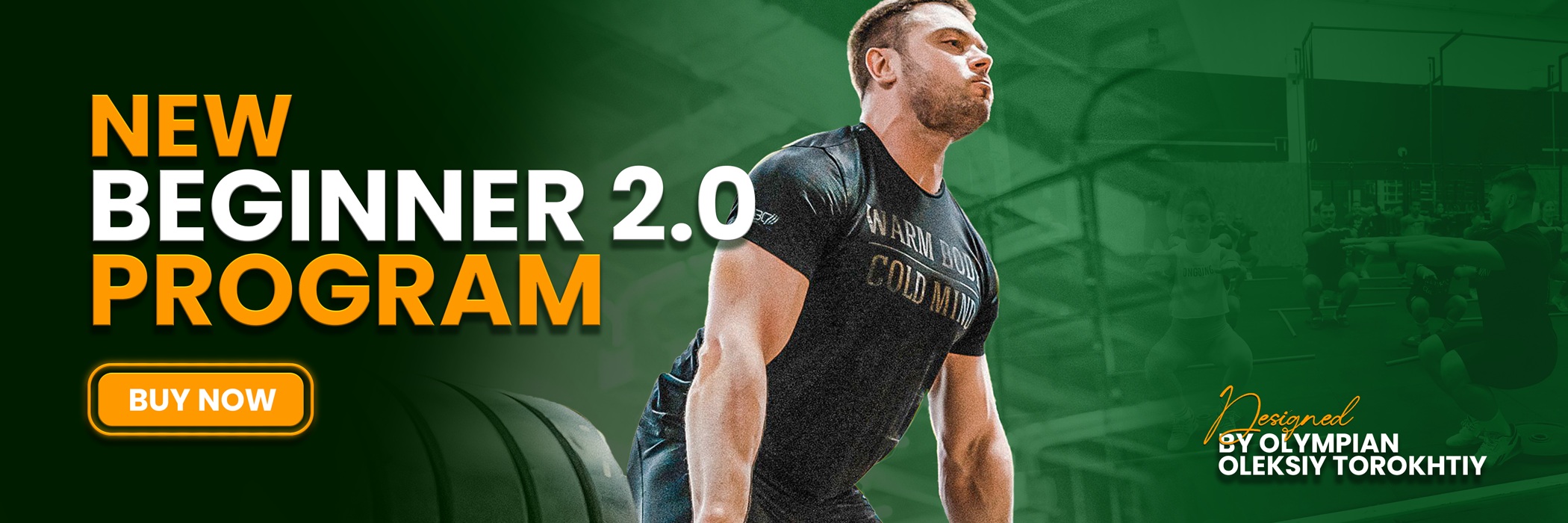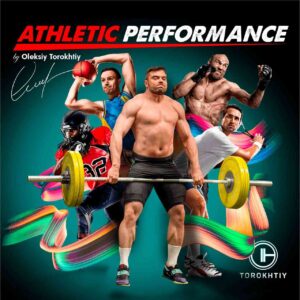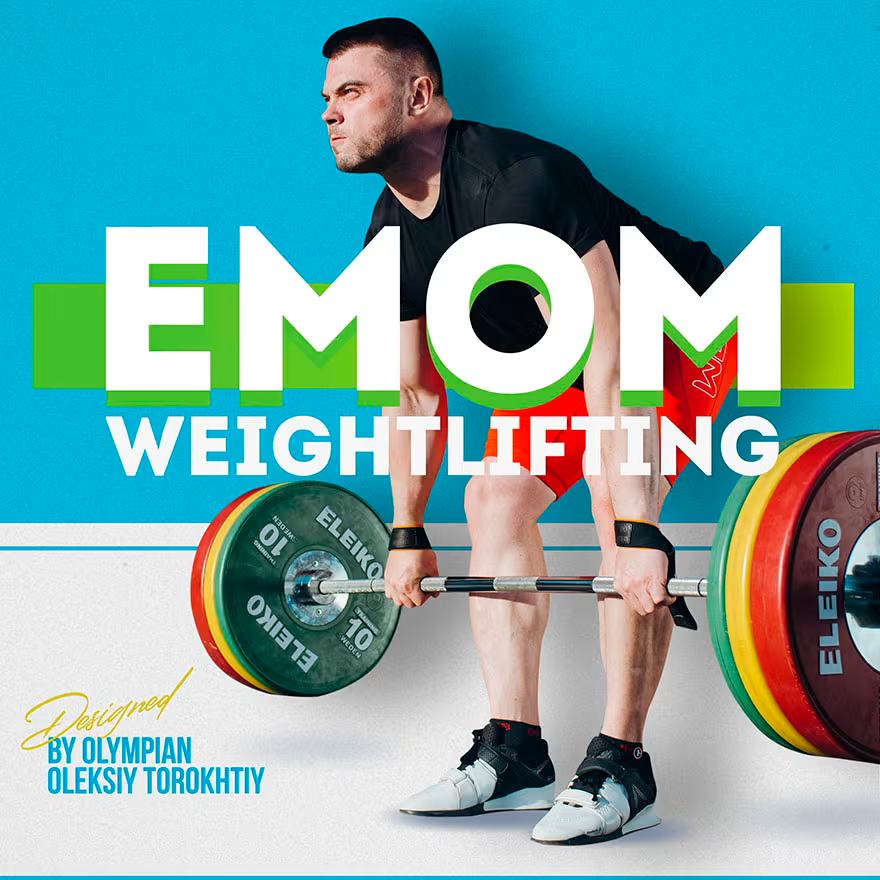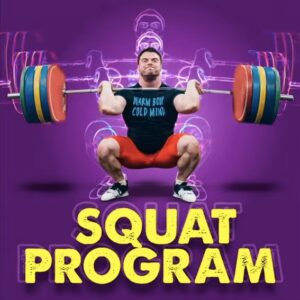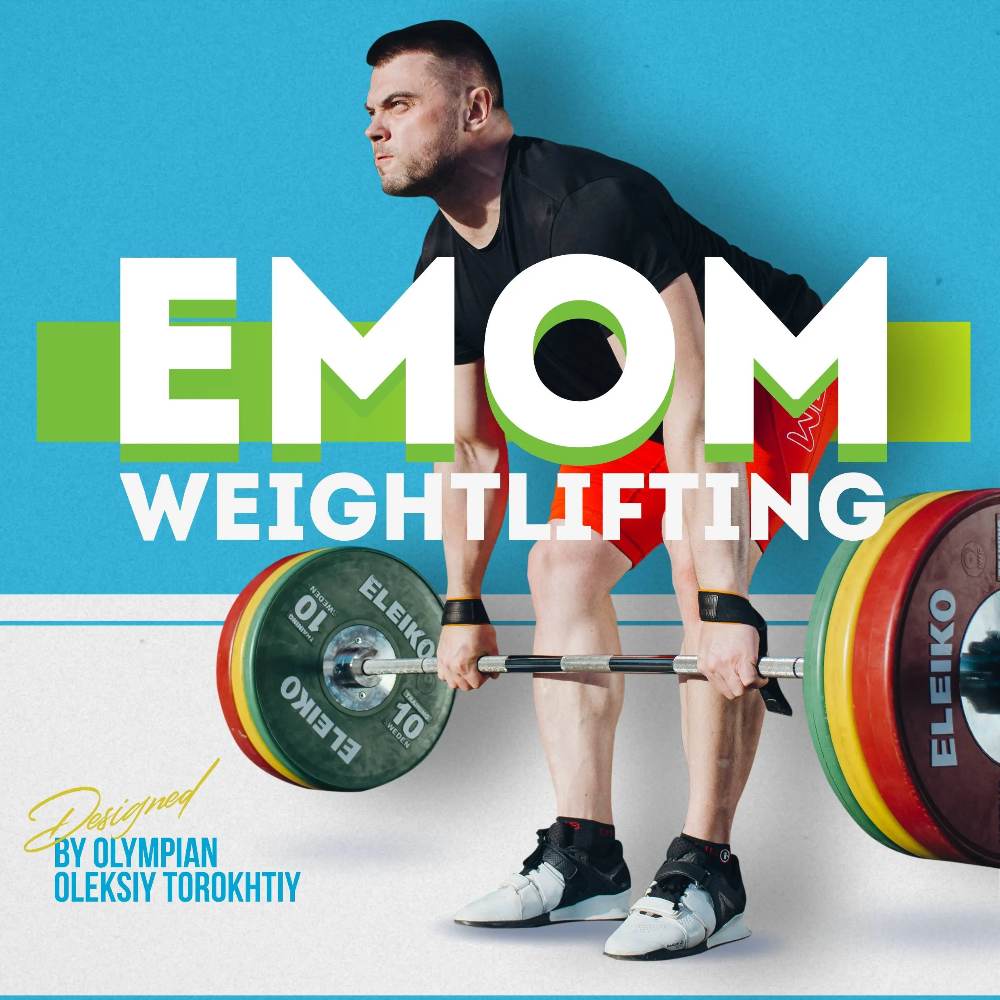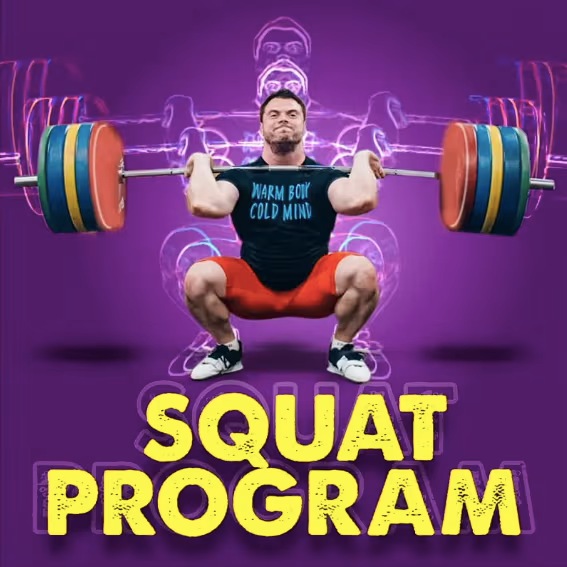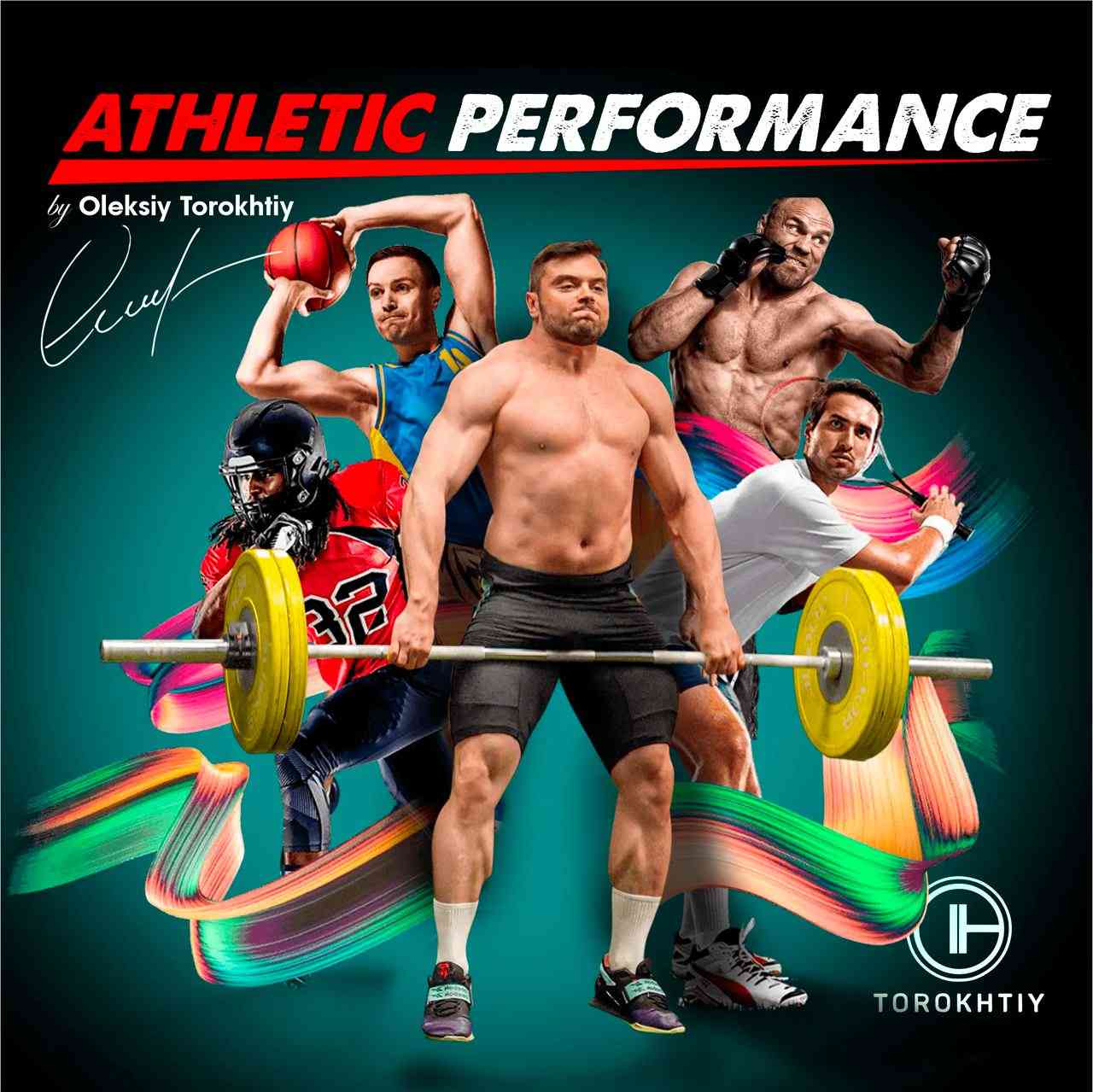From Platform to PhD: The Remarkable Journey of Oleksiy Torokhtiy
Author:
I have two vivid memories of Oleksiy that have stayed with me over the years, and they capture not only the athlete he was but also the person he would become.
The first one takes me back to 2004, in the small town of Skadovsk, where I saw Oleksiy compete for the very first time. He was 18 years old, already incredibly focused, and I remember being struck by how developed his traps were – a hallmark of serious training. During that competition, he hit a personal best in the clean & jerk: a tough 195 kg clean, followed by a confident jerk. Even then, it was clear – this athlete had potential.
The second memory is more personal. My father was working with the Ukrainian Weightlifting Federation at the time. One day he came to me, amused and surprised, and said, “Can you believe we have an athlete on the national team who brought his own desktop computer to training camp? And he’s studying for his university degree while at camp!”
Today’s younger generation might not appreciate how unusual that was back in the early 2000s. At the Olympic training base, the only people who might have had a computer were the director or the chief accountant. Oleksiy brought one for studying. It caused a stir – not because it was controversial, but because it challenged the stereotype of what a weightlifter was supposed to be.
From early on, he stood out not just physically, but mentally. In our national team, we were always required to track our training volume, intensity and weekly totals – and report them to the head coach. As you might imagine, some athletes did it diligently, others… not so much.
But Oleksiy? He didn’t just track his numbers – he charted graphs.
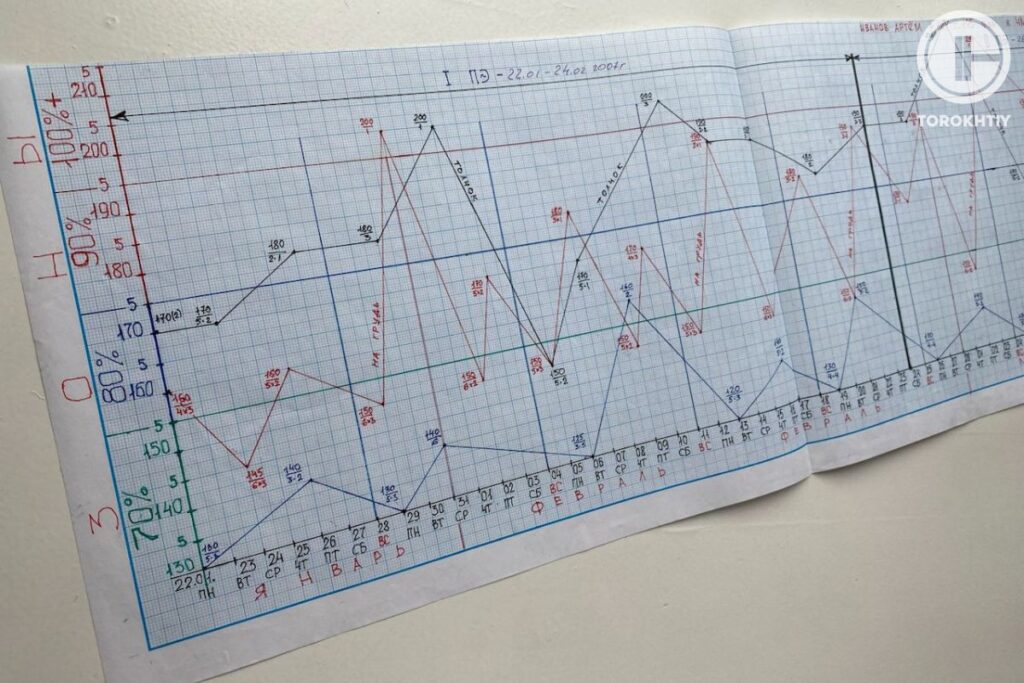
Precise, meticulous, personal logs – many of which he still keeps. Some teammates respected this level of professionalism. Others teased him, calling him a nerd or obsessive. But he was ahead of his time – analyzing training data before it became a trend.
Years later, when we started conducting seminars together in 2015, there were already many Olympic weightlifters running clinics. But we had a different approach.
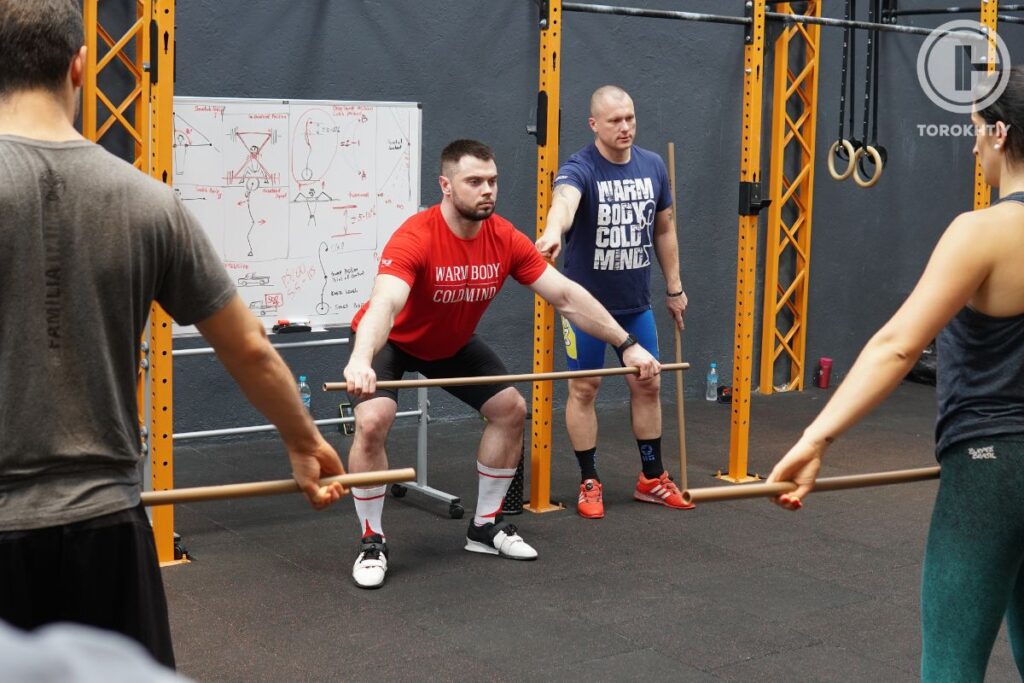
We divided our events into a practical and a theoretical part. Oleksiy, as a decorated Olympic champion, led the technical and applied side. I, having earned a PhD, provided insights into biomechanics, programming and periodization.
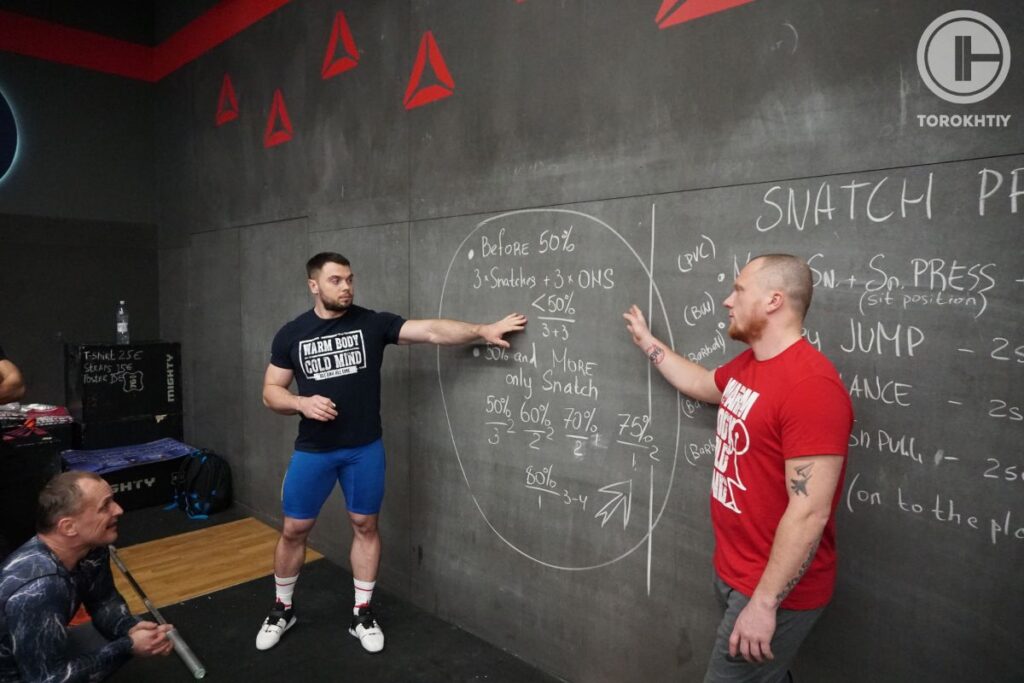
Our goal was to give fitness enthusiasts, coaches and amateur lifters a complete and structured understanding of what weightlifting really is – both the how and the why.
Then in came an idea from Oleksiy that would lead to something bigger – a book titled Snatch Masterclass, focusing on teaching the snatch in a clear and accessible way. The goal wasn’t to build an elite lifter, but to help regular people who discovered weightlifting and wanted to make it a sustainable, safe part of their fitness routine. It was a practical, thoughtful guide rooted in real experience.
That book, in my opinion, was the first conscious step in Oleksiy’s academic journey.
Later, he wrote Clean Masterclass, and eventually started work on Jerk Masterclass. I remember one specific conversation vividly: somewhere in 2019 we were flying from Brazil to Mexico and discussing a technical topic, when Oleksiy suddenly asked me, “Do you think it’s possible to turn Snatch Masterclass into a scientific study or even a dissertation?”
We dove into a long discussion. I told him that for a dissertation to be legitimate, it must meet three key criteria:
Relevance – the topic must be timely and meaningful to the current stage of development in the field.
Scientific novelty – it must bring something new, not just repeat what’s been done.
Practical value – it should genuinely help someone improve.
And I told him: “What we’re doing – helping people learn the snatch on their own, in the age of Cross and functional training – is absolutely relevant. Many people today don’t have coaches and need accessible, safe solutions. So yes, I think it’s a viable path.”
I also shared a piece of advice I had once received when I was deciding whether to pursue a PhD. A professor told me: “A dissertation isn’t about revolutionizing science. It’s about taking a meaningful question, exploring it deeply and sharing the insights.” That gave me clarity, and I passed it on to Oleksiy – hoping it would do the same for him.
It did.
Then came COVID-19. At the time, we thought it was the worst thing that could happen. Now we know better. But during the pandemic, seminars stopped. Everyone was grounded. And Oleksiy returned to the idea of academic work.
When it came time to choose a scientific advisor, I immediately recommended Professor Valentyn Oleshko, who had been my own mentor. We consulted with many Ukrainian academics, including the legendary Professor Platonov, but ultimately, there was no better choice than Oleshko. He’s a true icon – someone who has guided countless researchers in weightlifting science across the globe.
At first, even Professor Oleshko needed some convincing – not because the idea wasn’t good, but because it was unconventional. But eventually, he embraced it, and the real work began.
Writing a dissertation is a challenge in itself – especially if you’ve never done anything like it before. But Oleksiy, with his natural discipline and curiosity, handled it exceptionally. He often checked in with me for feedback. We worked on research methods and testing protocols. And, somehow, the five years between the pandemic and today flew by. When he told me the defense was near, I was surprised how quickly the time had passed.
When the day came and he sent me the link to the video of his defense, I watched it from start to finish – with pride and anticipation.
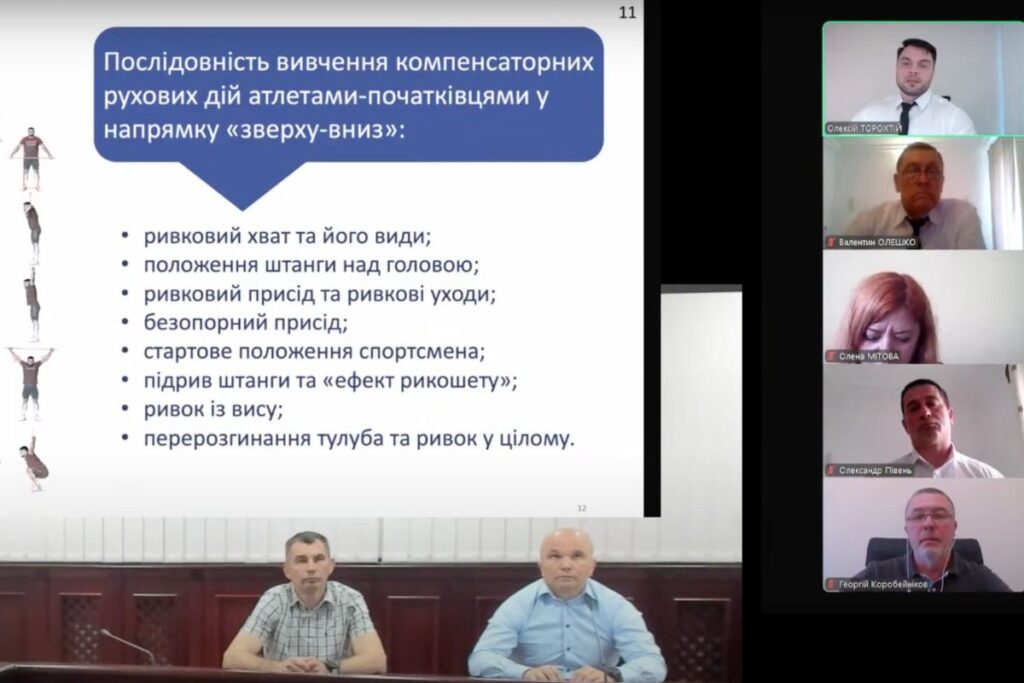
I was genuinely impressed with the quality of his work and his thesis presentation: “Programming of Training Sessions for Learning Weightlifting Techniques by Athletes with Different Levels of Physical Development”
Back in my day, 2000ish PhD defenses weren’t online. We had to physically attend others’ defenses to learn how it’s done – to hear the good ones and the not-so-good. I’ve seen a lot of defenses over the years, and I can say this confidently: Oleksiy’s defense was textbook. A model example for future PhD candidates – how to present, how to answer questions, how to defend your ideas under pressure.
So today, I want to publicly say:
I’m proud of my colleague and my friend.
Congratulations, Oleksiy. Congratulations to Professor Valentyn Oleshko. And congratulations to the international weightlifting community. We now have one more true professional with a PhD contributing to our sport.
Our Torokhtiy Weightlifting team just got stronger, smarter and more complete.
🔻Find Your Best Training: Take Our Quiz!
Are you ready to learn and grow? Take our simple quiz to discover the right training program for you. Let us help you succeed — click below to start the quiz!
Author: Sergii Putsov
Head of Sport Science, PhD
Best Results: Snatch – 165 kg,
C&J – 200 kg
Sergii Putsov, Ph.D., is a former professional weightlifter and National team member, achieving multiple medals in the 94 kg weight category at national competitions. With a Master’s degree in “Olympic & Professional Sport Training” and a Sport Science Ph.D. from the International Olympic Academy, Greece, Sergii now leads as the Head of Sport Science. He specializes in designing training programs, writing insightful blog articles, providing live commentary at international weightlifting events, and conducting educational seminars worldwide alongside Olympic weightlifting expert Oleksiy Torokhtiy.


